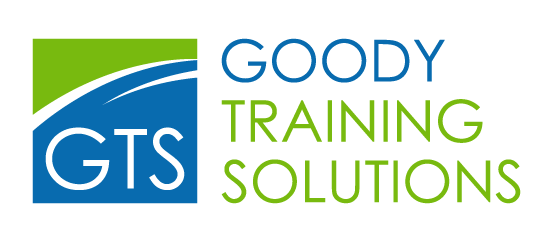As a professional trainer, I continually read books and articles and attend workshops, continuing to learn more and more about each subject that I deliver. I recently refreshed my own Mental Health First Aid qualification. Why did I do this?
- Evolving Research: The field of mental health is continuously advancing with new research on mental health disorders and best practices. I need to be current with this research to provide accurate information.
- Changing Regulations and Standards: Mental health guidelines and legal regulations can change. Staying informed ensures that I comply with current standards and provide training that meets professional and legal requirements.
- Cultural Competence: Awareness of diverse cultural perspectives on mental health is crucial. Keeping up with current trends and understanding helps me to help others offer culturally sensitive and relevant support.
- Responding to Emerging Issues: New mental health challenges and crises, such as the impact of social media or the effects of global events, require updated strategies and knowledge therefore I need to be equipped to address these contemporary issues.
- Improved Outcomes: Updated knowledge ensures that I can train others to use the most effective techniques for signposting and support, which can lead to better outcomes for individuals who need help.
- Professional Credibility: Maintaining up-to-date knowledge helps me to uphold credibility and authority in the field, which is essential for building trust with my clients.
Mental Health was officially added into the “L74 – Guidance on the Health and Safety (First Aid) Regulations” in February of this year. One of the major changes to L74 was the emphasis that the HSE now places on employers to consider employee’s mental health in their first aid needs assessment. The Health and Safety Executive states:
“It may also be helpful to have people trained to identify and understand mental ill health symptoms who are able to support someone who is experiencing a mental health issue. You may decide that someone with an FAW or EFAW qualification is already able to provide initial support and reassurance to a worker experiencing an acute mental health episode, but you should consider if any further training is required. You should be satisfied that they:
- Know how to access professional help if necessary
- Can act promptly, safely and effectively until that help is available”
Mental Health is a very current topic and will continue to be so and I want to make sure that I am informed as I can be when I am training others to become mental health first aiders.
Overall, continuous learning and staying informed about the latest developments in all subjects that I teach is crucial for me to be able to provide high-quality, relevant, and effective support and education. As the old saying goes, every day is a school day.

